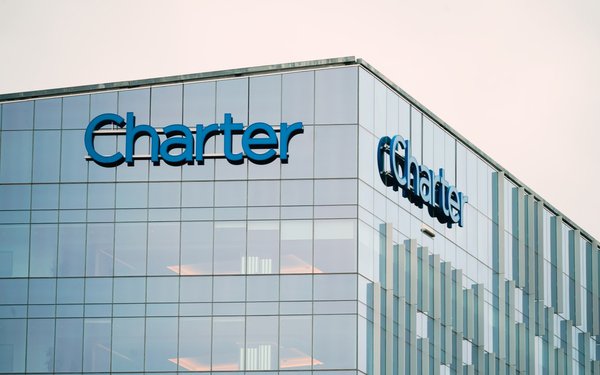
Looking at the Charter Communications-Cox Communications massive merger, one wonders --why didn't this happen earlier -- like ten years ago?
Cord-cutting of cable TV
bundles began its slow rise about two decades ago. Now it is much more prevalent. But that is not the main issue -- especially for one of the dominant pay cable TV players.
Charter is
currently is the biggest pay TV provider, with 12.7 million cable subscribers -- slightly above that of Comcast Corp (12.5 million).
Analysts have been musing over a possible combination of
Charter and Comcast -- even some company executives. Still, although streaming platforms (and streaming distributors) have made major headway -- regulatory concerns would no doubt be heightened.
For over a decade, Charter and Comcast focused on the necessary business strength around other communication businesses -- broadband and especially mobile. The latter seems to be the business with
the most upside -- where the likes of Charter and Comcast specifically put a lot of emphasis.
advertisement
advertisement
Other parts of the pay TV industry have been rumored to see a possible merger -- that of DirecTV
and Dish Network -- in the early 2000s, when both were major players.
In 2002, the two satellite pay TV providers were turned down by U.S. regulators -- the Federal Communications Commission.
These days, the two companies carry much less marketplace dominance, making it much a more likely scenario.
Mobile communications businesses are another story. That is why Chris Marangi,
co-CIO of Value at Gabelli Funds, muses that perhaps T-Mobile -- a mobile/broadband-first company -- might be thinking about a bid: “Don’t expect an overbid but if T-Mobile ever had a
desire for Charter, now would be the time to express that.”
With regard to the Charter-Cox deal Marangi says -- “Cable is a scale business -- added size should help Charter compete
better with the larger telcos, tech companies and Starlink.”
In this regard, Charter has been making some headway with better bundling of cable TV and streaming platforms, to compete
with the likes of Roku and Amazon Channels.
It was the first to leverage deals from legacy, TV-networks based media companies in their efforts to maintain revenue from traditional linear TV
network carriage deals -- like its deal with Wall Disney for ESPN and ABC, which also gave it the ability to sell Disney+, Hulu, and ESPN+. Other legacy cable TV distributors have been doing similar
agreements.
With the deal, Cox’s business will gain from Charter better’s cable TV/streaming business leverage for Cox’s 6.5 million overall customer base. But bigger gains
appear to be with broadband and mobile in the long term.
"Speculation has swirled since Cox went private in 2004 whether it would participate in consolidation and with whom," Marangi says.
So.. who will be next?